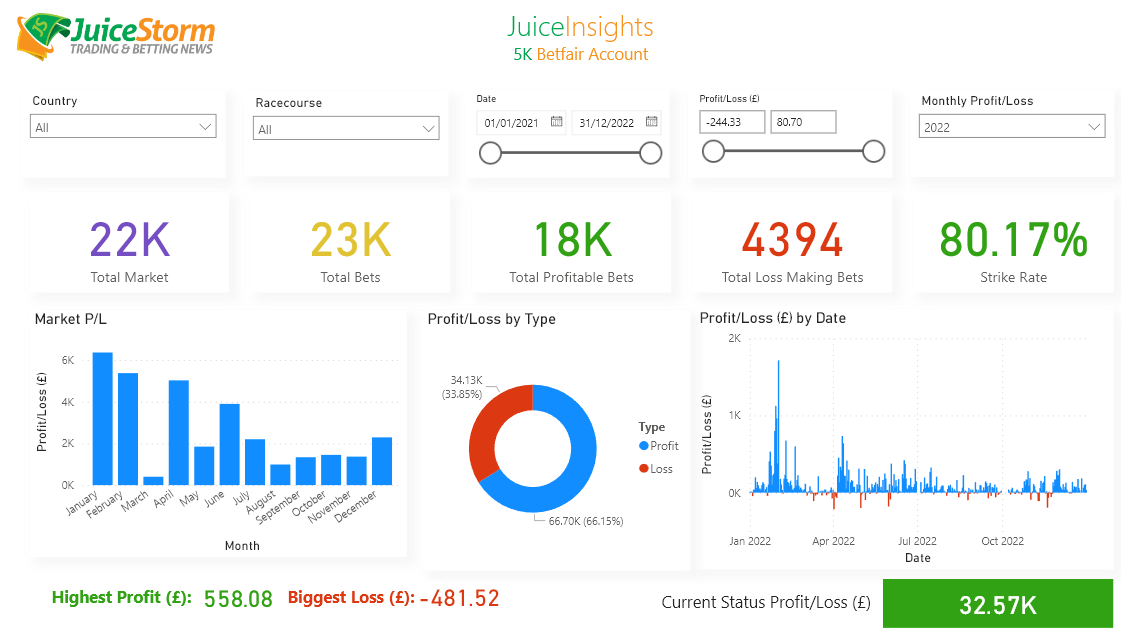Crypto Exposure In Nearly Half Of Traditional Hedge Funds, Survey Reveals – What’s Driving Adoption?
According to a Bloomberg report, a recent survey found that almost half of the traditional hedge funds have some exposure to cryptocurrencies, with the degree of exposure expected to increase by year-end.
Traditional Hedge Funds Venturing Into Crypto
A survey conducted by the Alternative Investment Management Association (AIMA) and PwC revealed that 47% of traditional hedge funds now have some degree of exposure to digital assets. This is a notable increase from 37% in 2022, though down from 29% in 2023.
Among the hedge funds already invested in digital assets, about 67% plan to maintain their current level of capital in crypto, while the remainder are expected to increase their allocation by the end of 2024.
The report highlights a shift in hedge fund investment strategies, moving from trading tokens in the spot market to more advanced strategies like derivatives trading.
For example, in 2023, 38% of the surveyed hedge funds traded digital assets derivatives. This figure has risen to 58% in 2024. Conversely, the percentage of hedge funds trading in spot markets dropped from 69% in 2023 to 25% in 2024.
A major driver behind the rise in crypto exposure is the increasing regulatory clarity and the launch of crypto exchange-traded funds (ETF) in the US and Asia. James Delaney, managing director of asset management regulation at AIMA, notes:
The findings from this year’s report indicate a steady recovery in confidence over the past year. It’s really the regulatory clarity that we started to see globally. That clarity is definitely boosting confidence in the asset class.
While digital assets remain volatile, their sharp price swings offer attractive trading opportunities for funds with a higher risk tolerance.
Edward Chin, co-founder of Parataxis Capital Management, emphasized that traditional investment strategies can help investors make outsized gains given that the crypto market is “less efficient.”
By “less efficient,” Chin likely means that the crypto market has more information gaps, price discrepancies, and volatility compared to traditional markets. This allows skilled investors to capitalize on these inefficiencies to generate higher returns using proven investment strategies.
Some Hedge Fund Managers Still Hesitant About Crypto
Despite the encouraging survey results, some hedge fund managers continue to keep their distance from digital assets. 76% of hedge funds not currently holding digital assets say they are unlikely to change their minds in the next three years, up from 54% in 2023.
For some, the current regulatory framework for digital assets is still too immature to justify their addition to their portfolios. For instance, in July 2023, Nasdaq halted its plans to launch a crypto custody business, citing regulatory uncertainty around the emerging asset class.
In related news, a recent survey in Japan found that the majority of institutional investors are willing to invest in digital assets within the next three years. BTC trades at $61,034 at press time, down 1.5% in the last 24 hours.
Featured Image from Unsplash.com, Chart from TradingView.com





